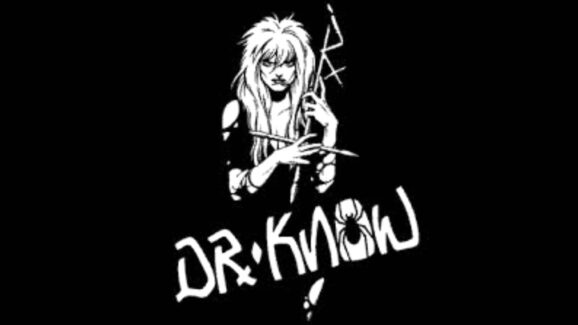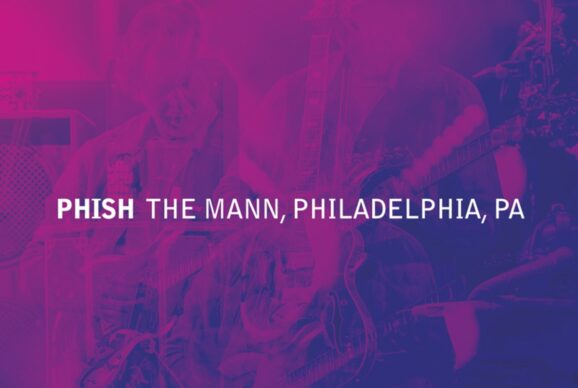Like a lot of musicians, Patrick Ames started writing songs when he was young. While music has always been a part of his life, he took a hiatus from writing songs, but in recent years he has returned to writing songs and releasing new music. You can accurately call Ames a singer-songwriter. However, his sound goes far beyond the folky acoustic guitar and vocals that is considered typical for singer-songwriters. On his new EP Liveness, he incorporates some influences from bossanova and tango as well as a talking-blues protest song that recalls Gil-Scott Heron. In the process, he serves as an inspiration to those who may have taken a break from music but always had the music in them. He also serves as an inspiration to anyone who has ever thought they’re “too old” to start making music simply because they’re no longer in their 20s.
By phone, he Ames recently discussed his new EP, how he returned to making music, and how editing books has helped his songwriting.
The new album was recorded mostly live. Is that different than how you have recorded in the past?
It was all recorded by live mics. That’s what my intent was. Then we put them together. Eventually, John Ireson came in and helped me produce it, to get the sound mix right. A couple of them we had to get rid of. It was in April when we released it. We were done in February. That was right around the time when the pandemic hit. It’s kind of ahead of its time in that way. It’s one person with live mics trying to put things together by himself. There’s a couple things about Liveness that are really unpredictable. The lead song called “Bang Bang Bang” is a social commentary about gun control, but it ends with “There’s gotta be revolution in the streets.” It’s kind of pre-ordained.
You didn’t realize it’s a prophetic record.
No. No. I just wanted to do something different because I could afford to. When nobody tells you, you can do whatever you want. I wanted to pursue this live. It’s funny how it worked out. We finished up by mid-January. We had the girls come in and do the chorus lines. After that, it was all shut down. I don’t know how I’m going to do the next one.
Record it on your phone maybe.
It’s gonna get down that way. Livestream it, and it’s shared.
What’s the best thing about recording an album live?
I would record a track live from beginning to end and then put that in the song. We would do this thing where we would run it back. I would say, “I don’t like my vocal. Let’s do it again.” Then we’d piece it together. It is live. There are mistakes. I sing off-key a lot. How do you piece it all together when it gets into the producer’s hands? I asked John Ireson to do the mix and master, but also to do some production. I am not a sound engineer by any means. I have to pretend like I know what I’m talking about. Actually, I have no idea.
You started writing songs when you were young because you grew up in a musical family. Then you bought your son a guitar, but he wasn’t interested in it. Then you picked it up again. What if he had been interested in it? Would you have gone back to songwriting?
I don’t know. I was playing guitar once a week, which really just shows you how bad you are. When you only play once a week, you’re gonna play bad. I bought him a cheap Stratocaster. Then I picked that sucker up and cranked up the volume with the gain on high. It was like, “Wow! I remember this.” It was a blast. That’s a good question. Would I have ever gone back? There’s probably all sorts of things I can look back at. I think I was getting close to going back. I started so young, and I was so involved in my teens and 20s. Then I dropped out because of family, jobs in my 30s and 40s. Then I picked it up again in my 50s. Consequently, I missed a lot of music. There was a whole section of 10 to 15 years where I was just kind of out of it. There’s a whole gamut mostly in the 90s where people will talk to me and I have no idea. “Who are they?” I just checked out for a while. As you age, you learn these little patterns that you don’t see when you’re younger. There are patterns in music too. I’ve always appreciated music from classical to everything. You see these patterns crop up in new types of music. That kind of goes back to Liveness. I wanted to make something live because I wasn’t hearing that much live stuff. It was all studio-produced. Typically overproduced with 35 different tracks. I wanted to make something simple and live. When I was doing the live mics part, what was funny was that immediately I talked about social conscience fell right into play. It was perfect for the sound I was doing. It was live, protesty, kind of a march. There was this element to it. There are a couple songs of social consciousness. “Bang Bang Bang”, which we talked about and “Want To Believe” is about how technology has taken over, and people don’t have anything else to believe in except the latest version of the iPhone. They sounded perfect.
Tell me about your experience in the book publishing industry.
I used to work in book publishing. I moved over to the technical book industry, which includes all of the stuff Apple does. And Google. Computer books. I’ve been there for 25 years. I currently work at a company that makes routers and switches. I help edit, produce, and publish technical books on advanced internet communications. That’s what I do. I’m a book editor. It’s very similar to a producer in many ways. You take these books from engineers, and they’re just a jumble of what they’re trying to say. I smooth them out and make the logic work until they’re happy with it. Editing has actually aided a lot of my lyrics. The way I write a song is dependent on the lyrics too. Like most musicians and songwriters, you need to get some jibe going on the guitar. Then I match that with some kind of wild text. I’m working on one right now that says, “You make me scream.” It’s a poignant lyric, and you have a poignant music vibe, and try to put them together. That’s the way I tend to write.
What would you be doing if you weren’t making music?
I’m doing it already. My problem is that I’m doing other things and not devoting myself full-time to music. I don’t want to leave music right now. It’s a happening space for me. I’m already doing that. I’m editing books, which I like. I also live on a vineyard in Napa. I’ve added property for 25 years for the building. I’m working on it. I’m a DIY person. I’m enjoying living here. I have a book project going on about living on a vineyard. That feels really good to get back to prose writing, which I haven’t done in a long time. I majored in creative writing in college. I’ve come to grips with being an artist. I do different sound things, and play along with it. Eventually I come up with some good ones.









